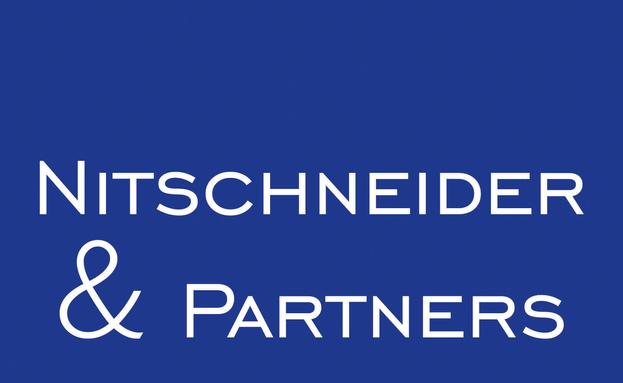Within the package of support measures for tourism in Slovakia, the Slovak Parliament has adopted an amendment in the Labour Code introducing a recreational allowance, referred to as the ‘holiday voucher’ by media. The amendment came into force on 1 January, 2019. Its primary purpose is to support tourism in Slovakia by encouraging employees to visit interesting places in Slovakia; their travel costs are then reimbursed by employers. According to Slovak lawmakers, a similar system already exists in several other EU countries, such as France, Hungary and Italy, and has increased domestic tourism.
However, this new measure will be a burden for larger Slovak employers. The obligation to provide employees with holiday vouchers only applies to companies with more than 49 employees. Other employers may voluntarily decide whether to provide an allowance to employees in the form of a tax-free benefit. Only employees who will have worked for their employer for more than two years on the day their holiday begins will be entitled to ask for the vouchers.
Employers may adjust their system of employee benefits, but they must avoid any discrimination between employees who apply for vouchers and those who do not. In other words, employers are allowed to reduce other voluntarily provided benefits, but they are forbidden to incorporate the recreational allowance into the benefits system as an alternative benefit.
How does it work?
The recreation allowance could be provided in two ways. The first is in the form of an electronic payment card tied to a specific employee, valid until the end of the calendar year in which it was issued. The second is as a direct payment to an employee on his or her payday, subject to legal conditions.
The contribution amounts to 55% of the employee’s eligible expenses, up to a maximum of EUR 275 per year. Eligible expenses cover accommodation or other tourism packages associated with accommodation for at least two overnight stays in Slovakia for the employee, his or her spouse and/or children (sorry, no vouchers for LGBT partners) or for holiday camps for the children of employees.
What's the potential fallout?
A majority of Slovak employees dream of seaside holidays spent by “the Slovak sea in Croatia.” But even if you are used to spending your holidays abroad by the sea, would you not consider spending a weekend with your family in a domestic destination if 55% of the costs were covered by your employer? Of course, you would! Could employers adjust their bonus schemes, without the fear that they are demotivating employees in these times of workforce shortage? Of course not!
This new incentive does not put “more cash” into employees’ pockets but rather pushes them to spend more. Employers are also forced to provide vouchers, even if they were considering some other form of benefit for their employees. Surprisingly, they open up the doors for payment card providers and generate new business for them. Overall, they bring too much regulation into an already overregulated area of employment, rather than give parties the freedom to agree on what’s the best option for them.
Controversial link to socialist times.
What makes these vouchers even more ridiculous is the fact that a similar system was put in place in the 1950s. Many people remember the film “S Andělem na horách” (“Mountain holidays with Mr. Angel”) where the group of employees used their holiday vouchers for romantic holidays in the High Tatras. Rather than an Oscar-worthy movie, this was more of a propagandic story of the socialist regime. And so are the vouchers themselves.

Who's the winner?
As an employee, would you feel more motivated to work if you had these holiday vouchers? As an employer, would you be happy to spend 275 EUR on each employee without the ability to decide what would be the best for your employees? NO is most likely your answer to both questions. And when you realize that it creates a new business for payment card providers who will automatically get a 3% commission for every voucher, the frustration increases.
Overall, holiday vouchers just increase salary costs and decrease the competitiveness of the economy, which may lead to more dramatic changes on the market in the long run. And, as lord Keynes said “in the long run, we are all dead.”

 Dušan Nitschneider, Partner
Dušan Nitschneider, Partner